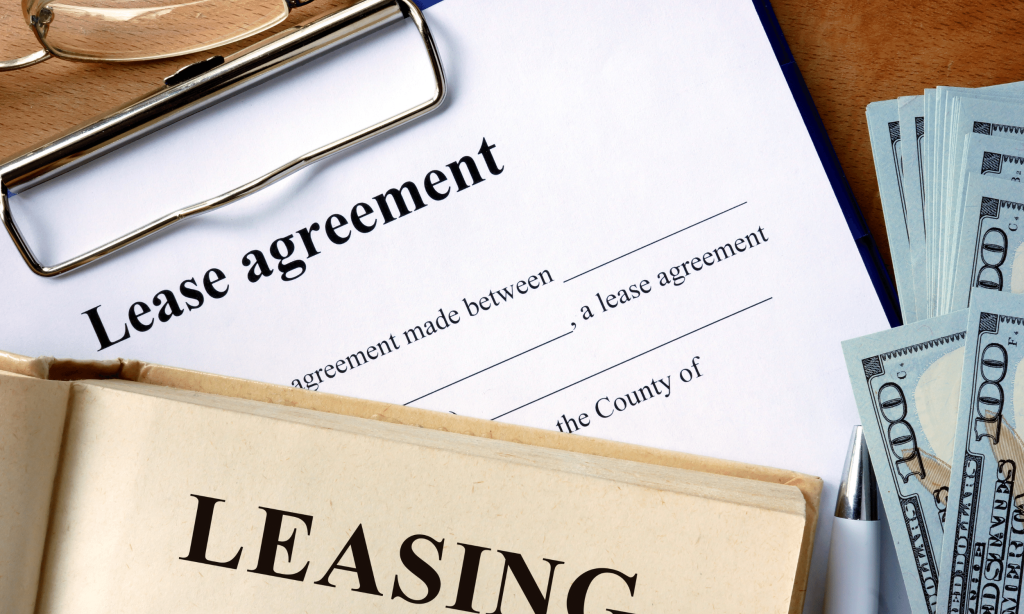The terms and conditions of a lease agreement are the most important part of the document. They set out the rights and responsibilities of both the landlord and the tenant, and they should be carefully reviewed by both parties before signing. Some of the key terms and conditions to look for include:
- Lease term: This is the length of time that the tenant will be renting the property.
- Rent amount: This is the amount of money that the tenant will pay to the landlord each month.
- Security deposit: This is a sum of money that the tenant pays to the landlord to cover any damages to the property.
- Late payment policy: This outlines the consequences for the tenant if they fail to pay rent on time.
- Pet policy: This specifies whether or not pets are allowed in the property and, if so, any restrictions on the type or size of pets.
- Maintenance and repair policy: This outlines who is responsible for repairs and maintenance to the property.
- Termination policy: This specifies how the lease can be terminated by either party.
Rent and Security Deposits
The amount of rent and the security deposit are two of the most important financial terms of a lease agreement. The rent is the amount of money that the tenant must pay to the landlord each month, and the security deposit is a sum of money that the tenant pays to the landlord to cover any damages to the property.
The rent amount should be competitive with other rentals in the area. The security deposit should be equal to one month’s rent, but it can be more in some cases. The landlord is required to return the security deposit to the tenant within 30 days after the tenant moves out, minus any deductions for damages.
Maintenance and Repairs
The maintenance and repair policy is another important financial term of a lease agreement. This policy outlines who is responsible for repairs and maintenance to the property. In most cases, the landlord is responsible for repairs to the property’s major systems, such as the roof, HVAC system, and plumbing. The tenant is typically responsible for repairs to the property’s fixtures and appliances, such as the stove, refrigerator, and light fixtures.
It is important to read the maintenance and repair policy carefully to understand who is responsible for what. If there is anything that is unclear, the tenant should ask the landlord to clarify.



